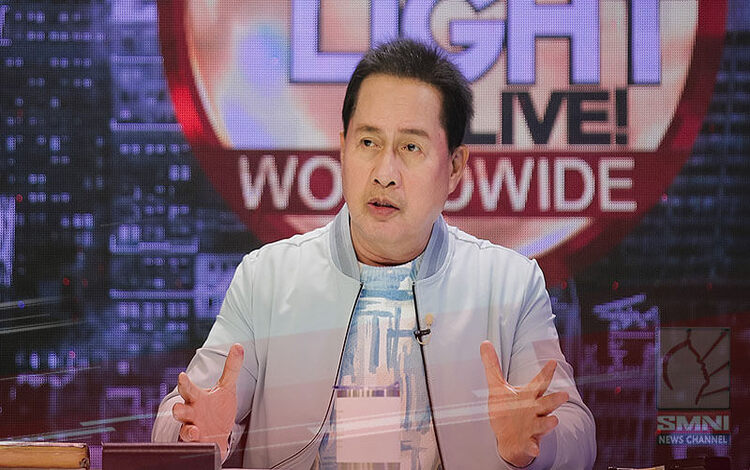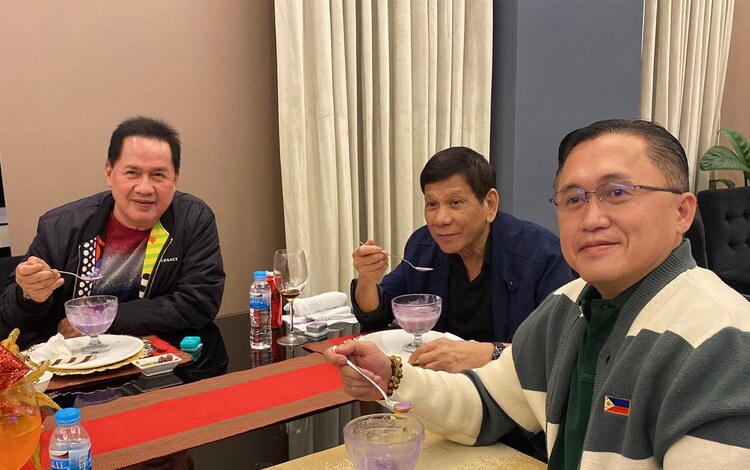The Davao City Police Department finds itself in a peculiar position as it awaits the arrival of Senate security for the implementation of an arrest order against Kingdom of Jesus Christ leader Apollo Quiboloy. According to Police Captain Hazel Tuazon, the Office of the Senate Sergeant-at-Arms (OSSA) has sought police assistance in executing the order. However, as of now, the local police have not been furnished with a copy of the said arrest order.

Quiboloy, a prominent televangelist, faces charges of human trafficking and sexual abuse but has failed to appear for Senate hearings on the matter. In response, the Senate has issued a warrant for his arrest. “The Police Regional Office 11 is directed to assist the OSSA in implementing the contempt warrant,” Tuazon informed local media.
Despite the directive, the Davao police remain in the dark regarding the specifics of the operation. They are yet to receive information on when the OSSA will arrive in Davao City to carry out the arrest. Furthermore, authorities admit they are unaware of Quiboloy’s current whereabouts.
Addressing speculation, Tuazon emphasized that the police are not shielding Quiboloy from arrest. It has been two weeks since Senate President Juan Miguel Zubiri signed the arrest order, yet Quiboloy has remained elusive.
The situation underscores the challenges in coordinating law enforcement efforts across different jurisdictions, particularly in high-profile cases involving individuals with significant influence or resources. Quiboloy’s stature as a religious leader adds complexity to the situation, raising questions about the potential implications of his arrest and the reactions it may provoke among his followers.
Moreover, the delay in executing the arrest warrant highlights the importance of effective communication and cooperation between various law enforcement agencies. As the authorities await further instructions from the OSSA, they must ensure that they are prepared to handle any developments swiftly and professionally.
Meanwhile, the absence of Quiboloy from the public eye adds to the intrigue surrounding the case. Speculation abounds regarding his possible whereabouts and the steps he may be taking to evade arrest. However, until Senate security and local law enforcement can coordinate their efforts, Quiboloy’s fate remains uncertain.

In the coming days, all eyes will be on Davao City as authorities work to bring Quiboloy to justice. The outcome of this operation will not only impact the legal proceedings against him but also serve as a test of the government’s commitment to upholding the rule of law, regardless of the individual’s standing in society.
